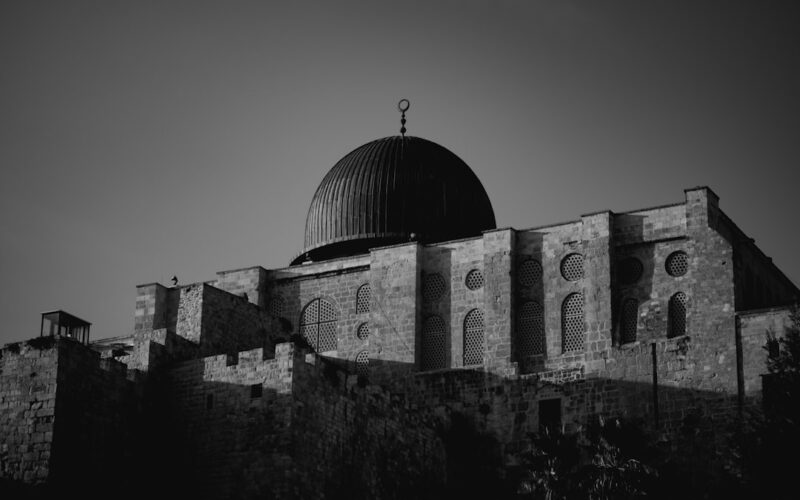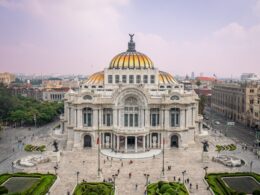A major diplomatic shift unfolded this weekend as Britain, Canada, Australia, and Portugal formally recognized a Palestinian state on Sunday, September 21, 2025. The move, coming at a time of mounting violence in Gaza and the West Bank and ahead of the United Nations General Assembly, marked a fresh push from Western allies for a two-state solution to the Israeli-Palestinian conflict.
The decision by these four countries—traditionally strong supporters of Israel—brings them in line with more than 140 other nations that have backed Palestinian aspirations for an independent homeland encompassing territories occupied by Israel since 1967. The announcement sparked swift condemnation from Israel and an uneasy silence from the United States. President Donald Trump, who has long opposed such recognition, did not issue an immediate comment.
Global Momentum and Divided Reactions
British Prime Minister Keir Starmer declared, “Today, to revive the hope of peace for Palestinians and Israelis, the United Kingdom formally recognises the State of Palestine.” Portugal’s Foreign Affairs Minister Paulo Rangel called the move a “fundamental line of Portuguese foreign policy,” emphasizing that “a ceasefire is urgent” and that only a two-state solution can deliver lasting peace.
Yet the recognition remains largely symbolic. About 75% of U.N. member states now recognize Palestine, but without concrete changes on the ground. The Israeli government—the most right-wing in its history—has flatly rejected any prospect of Palestinian statehood. As Israeli forces continue their ground assault on Gaza City and order mass evacuations toward southern Gaza, hopes for a negotiated ceasefire or hostage release remain slim.
Pressure Mounts as Violence Escalates
The international summit convened by France and Saudi Arabia on Monday is set to rally dozens of world leaders behind the two-state vision, with some expected to follow suit in recognizing Palestinian statehood. This growing momentum comes as Germany, long a steadfast supporter of Israel due to its Holocaust legacy, has also grown more critical while maintaining that recognition should only come after a negotiated agreement.
On the ground in Gaza, displaced Palestinians continue to flee south following Israeli evacuation orders amid relentless military operations against Hamas. Meanwhile, violence in the West Bank by Israeli settlers is also intensifying—a dynamic fueling calls for urgent action before prospects for a two-state solution disappear altogether.
Despite support from much of the world and mediators like Gershon Baskin urging dialogue over annexation or unilateral moves, real progress seems far off. For Palestinians caught between war and diplomacy, international recognition offers a glimmer of hope—but little immediate relief as fighting rages on.










